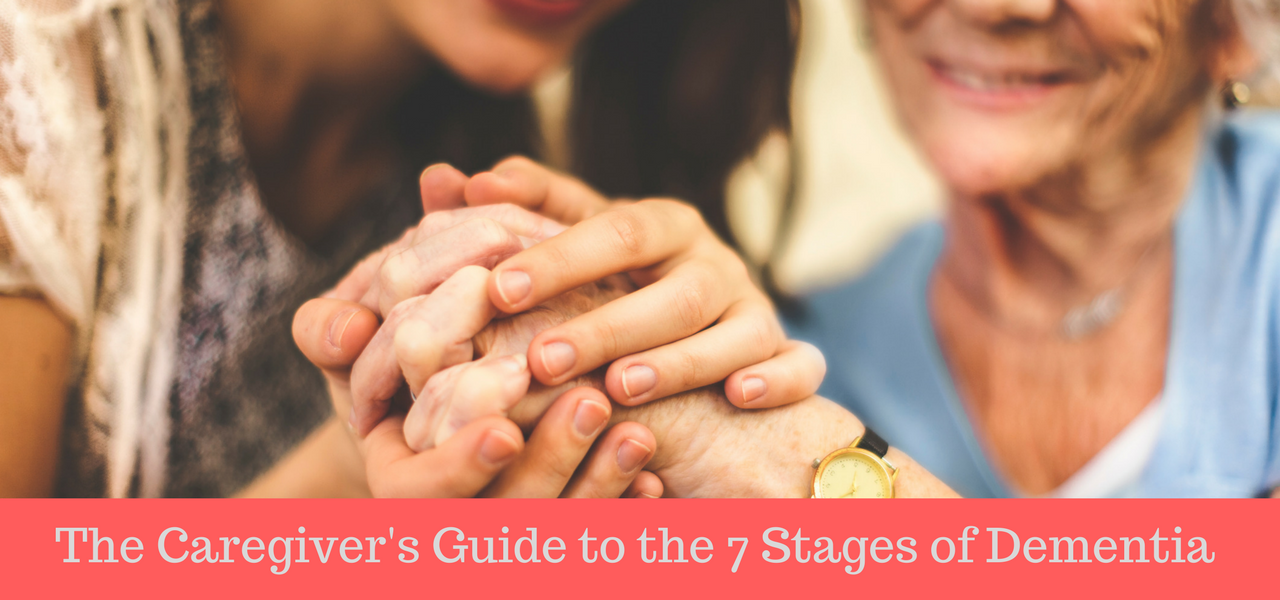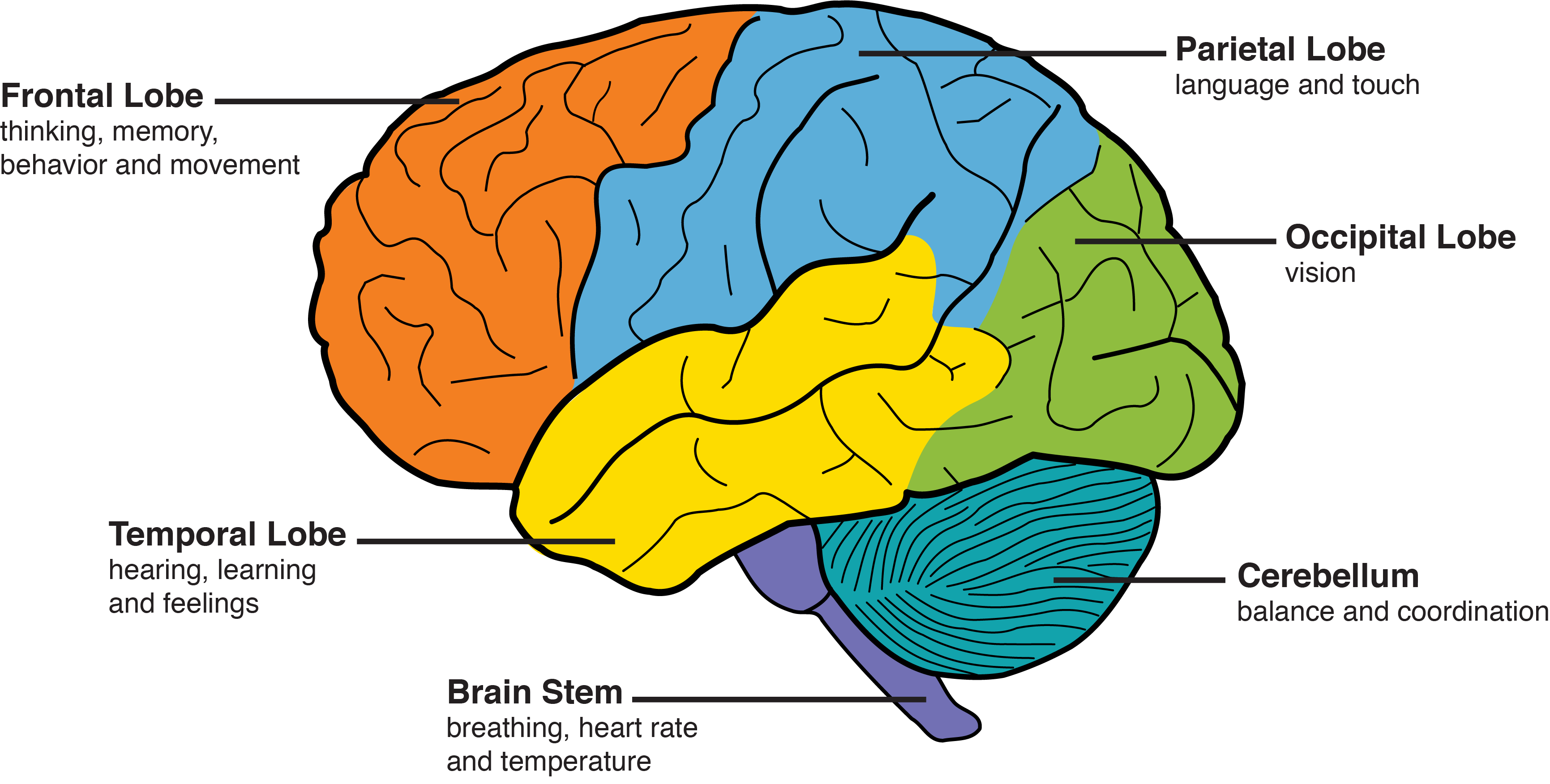Thread starter Linda Roberts. A person with dementia is more likely to have accidents incontinence or difficulties using the toilet than a person of the same age who doesnt have dementia.
With a well-designed bathroom space a persons wellbeing and confidence are boosted enabling them to engage more readily.
Dementia bathroom issues. Not being able to find the toilet when they need it which may cause anxiety. Some of these include. For some people incontinence develops because messages between the brain and the bladder or bowel dont work properly.
Difficulty going to the bathroom can be a sign of a urinary tract infection UTI dietary or hydration issues not eating enough healthy easily digested food or drinking enough water prostate problems in men or side effects from medication sleeping. Often in the middle to later stages of Alzheimers people may experience difficulty getting to the bathroom in time. By identifying the earliest stages of dementia as they occur you may be able to seek medical treatment quickly and delay the onset of later stages.
In fact it can be the task that caregivers find most difficult. A person with dementia may wake up disorientated and be unable to find or get to the toilet in time. Dementia can also cause severely affect memory which becomes more extreme in the later stages of Dementia.
When it comes to the bathroom there are many common issues that may arise from a family member living with dementia. Your mother is frightened by the noise of the flush or the water lots of people with dementia become scared of showers and baths for this reason Also invest in a good supply of antiseptic wipes and disinfectant gels. Relationship to Dementia.
Men with dementia may have poor vision and trouble aiming their urine stream. The lighting isnt proficient enough for someone to clearly see the facilities. The bathroom environment is too cluttered and confusing.
Ideas that might help include. They might not be able to locate it right away be able to physically move fast enough or recognize the need to urinate. Nov 23 2012 1 0.
Loved ones and caregivers will need to help the individual with walking eating and using the bathroom. Firstly when dealing with issues of incontinence it is important to rule out health reasons that may have little or nothing to do with dementia. It can range from mild leaking to.
Some people have gone as far as painting the toilet seat to emphasize the target area. Linda Roberts Registered User. One way to increase the chances of success is to dye the water blue with toilet cleaner.
Causes of Bathing Challenges Associated with Dementia Alzheimers patients resist bathing for numerous reasons. Bathing is intimate and personal and can feel intrusive and embarrassing for someone with dementia. Installing motion sensors for lights or night lights in the bedroom hallways and bathroom.
In line with this they should also have enough bathroom breaks. Do Make Sure That the Dementia Patient Gets Enough Rest Food and Water. Incontinence and toilet problems in people with dementia.
Set the timer so they wont suddenly leave the person in darkness. It doesnt help that the toilet is white the bowl is white and the water appears white. It is one of the most difficult problems of dealing with a person with dementia but it is something that the caregiver can handle especially with the availability of many Alzheimers aids and products.
Start date Nov 23 2012. If you are providing home care to someone with Alzheimers disease managing bathroom activities can be difficult and uncomfortable. Fatigue hunger and thirst may cause combativeness.
As dementia progresses a persons ability to control his body diminishes. This is why it is common for someone with Dementia to forget what they went into the bathroom for. Ensure that the person with dementia is well fed hydrates enough and gets adequate sleep and rest.
Some individuals with Dementia have problems with one part of the process of using the toilet. One of the more common problems for people with Alzheimers disease is incontinence and general problems with going to the toilet. Dementia and incontinence Urinary incontinence or unintentional urination is common in people who have dementia.
A dementia-friendly bathroom is not just about highlighting risk areas and resolving issues but it is about promoting independence. Severe dementia frequently entails the loss of all verbal and speech abilities.





